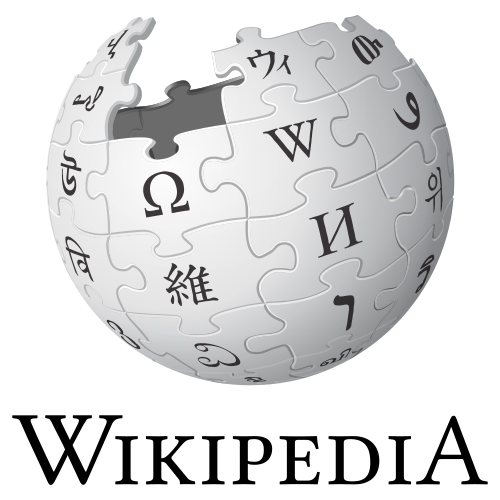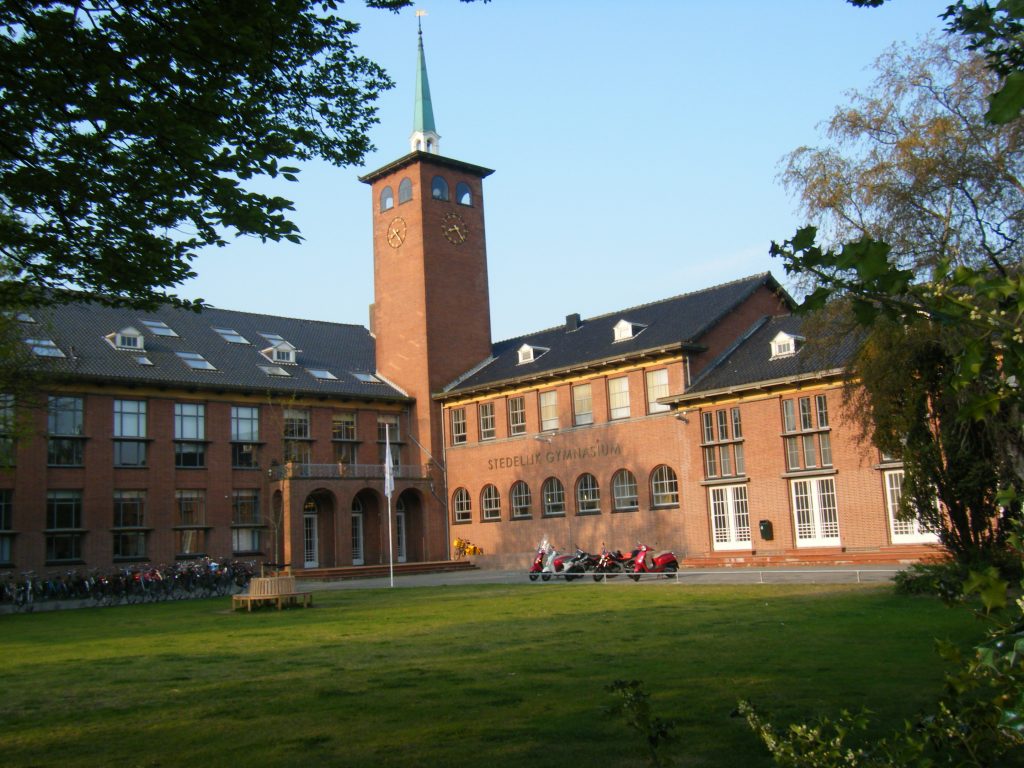I remember clearly how when I was in primary school, being about 9 years old, we needed to start writing ESSAYS on topics that interested us. Obviously very simple, small essays but usually on ridiculously broad topics: the galaxy, a specific country, dogs or cats proved to be very popular themes for our essays. Our 9 year old brains were amazing at creating a broad overview, without losing ourselves in incredibly detailed information, providing the basics of certain topics. In our very simple research process of writing these essays, we looked all over the internet in search of useful sources, and while doing this we discovered a site which we considered to be the best website ever created on the internet:

The AMAZING WIKIPEDIA!!!!! It almost seemed too good to be true: every object, person, theme, movie, book, concept or whatever you could think of was available on Wikipedia, providing lots of information in multiple languages. For your essays on the galaxy, a specific country, dogs or cats, this was the holy grail of information websites: you truly didn’t need anything else to create an amazing essay or presentation, for our 9 year old standards. With our hearts full of joy and excitement we finished primary school, all thanks to the amazing website of Wikipedia, thinking that nothing ever could go wrong and our lives would be amazing. Until the next chapter of our lives began…….
H I G H S C H O O L

My high school: Stedelijk Gymnasium Leiden Athena
In high school we also needed to write essays on various topics, but our teachers gave us the soul-crushing warning that Wikipedia cannot be used because it is not a trustworthy website…. This was a massive shock for me and my peers, how could the amazing Wikipedia not be trustworthy? It was so incredibly helpful for all our cat essays in primary school!! We were explained that Wikipedia was an open source where anyone could contribute, without having any professional research background on the topic that was discussed. This meant you were strictly forbidden of using Wikipedia as an academic source, forcing us to look elsewhere for our precious information. This proved to be helpful, because we quickly found out there was more on the internet to get your information from than just Wikipedia, in the form of articles, scientific publications and other online encyclopedias. Now in university, Wikipedia is obviously still not allowed to be used for the same reason we were told in high school, but I still find myself secretly circling back to Wikipedia if I need a quick reminder or overview on a certain topic. If I need a specific date, location or little fact, Wikipedia remains to be one of the easiest and most accessible websites to find information. It is important to always stay critical, never to blindly assume something is true when it is written down on Wikipedia, but that doesn’t mean it can never be useful. In that sense, it is still very similar to the world of academic papers and publishing, where even when it is written by academic scholars and professionals in the field, it doesn’t automatically guarantee how trustworthy it is. In conclusion: ALWAYS stay critical, with whatever source you are using, but also don’t be too afraid to use Wikipedia if you need a quick reminder.


Recent Comments